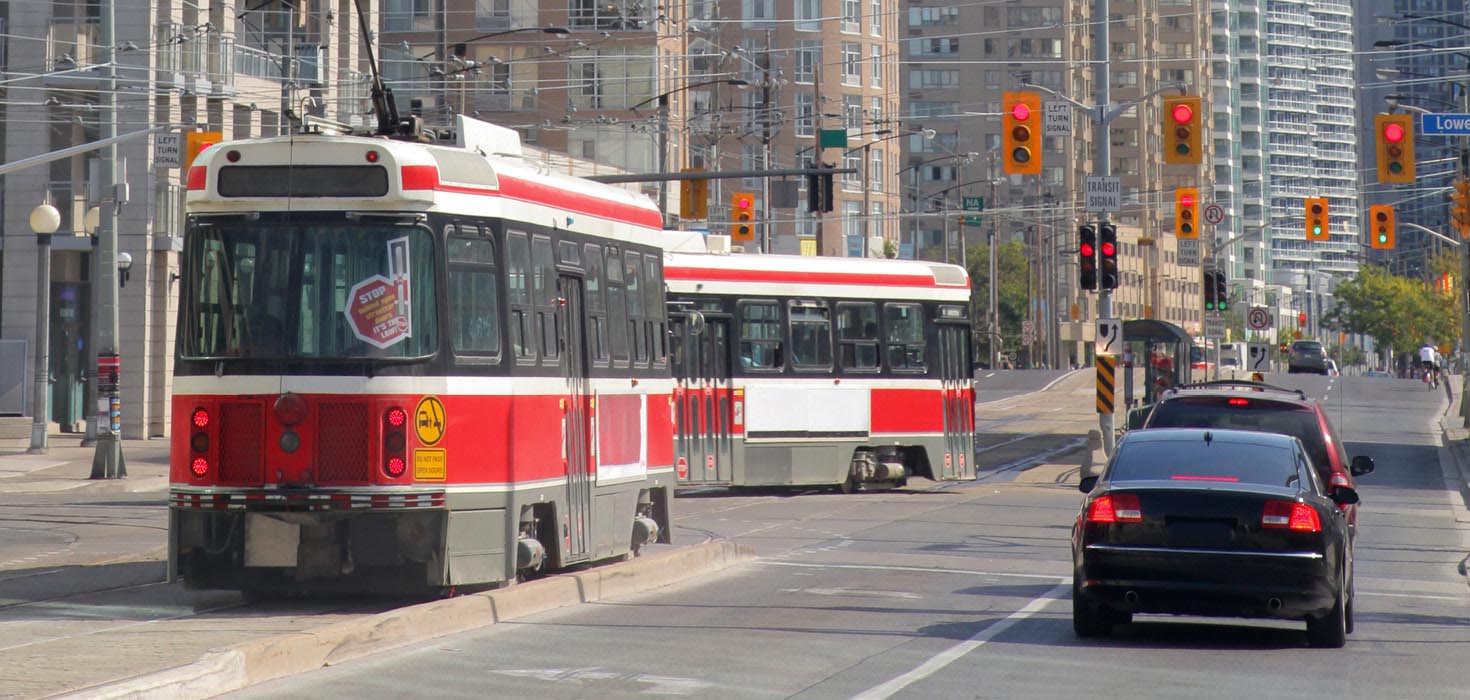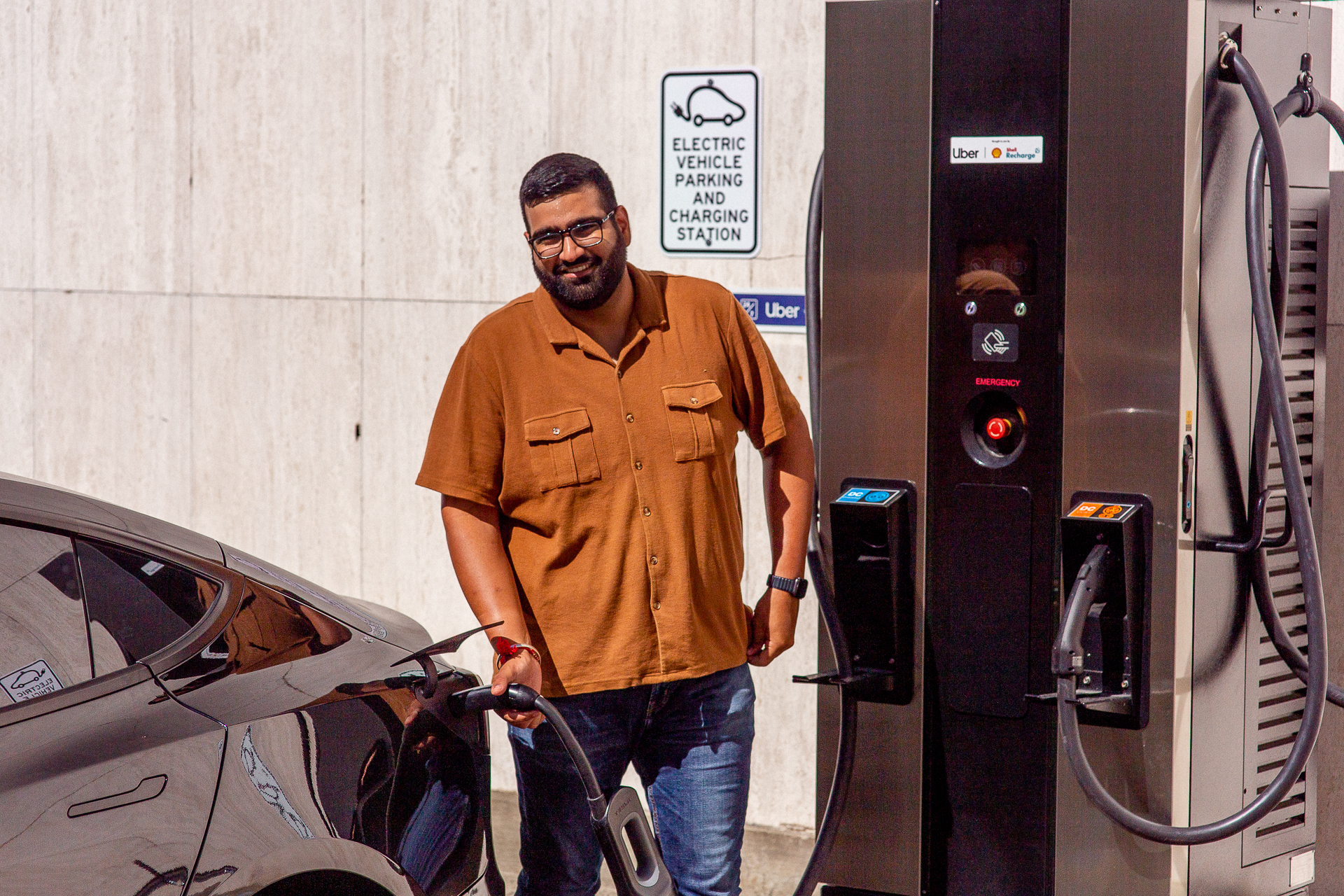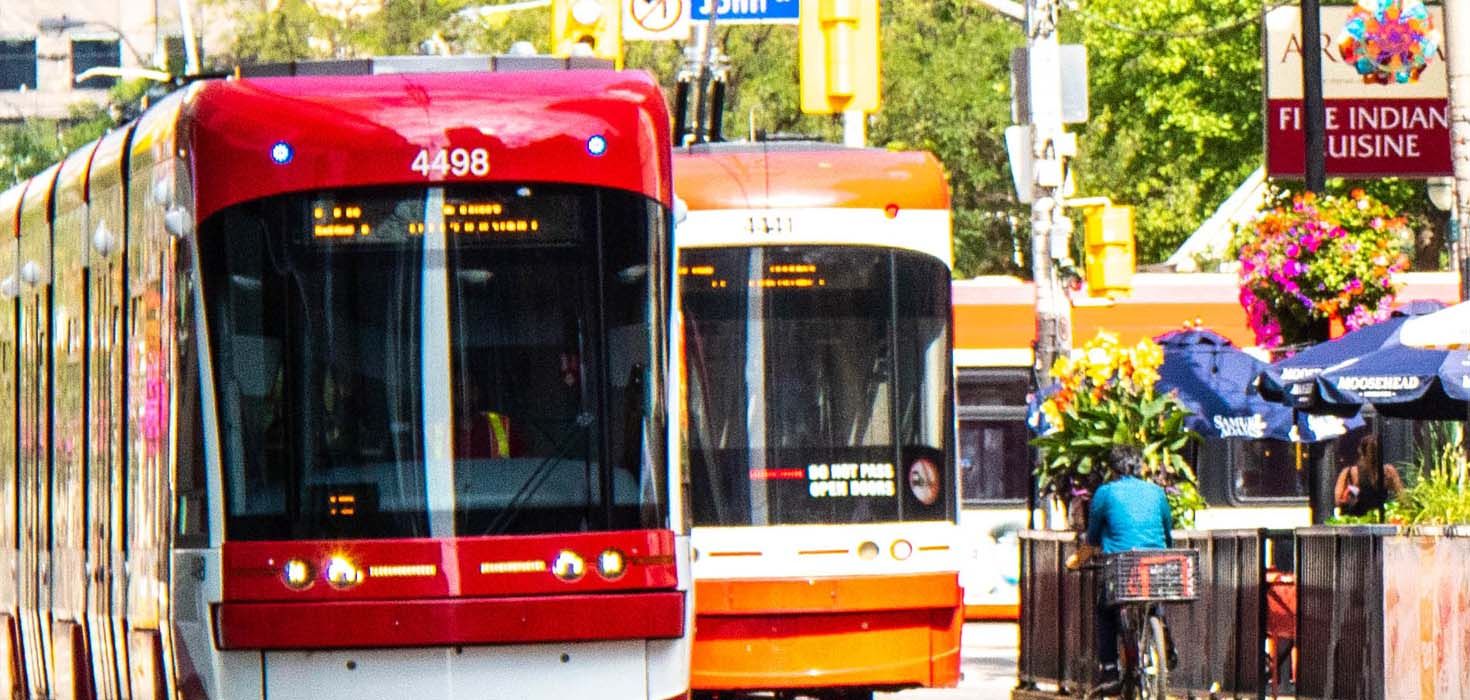With the deficit for 2023 projected at about $1.5 billion, the City of Toronto is in desperate need of revenue.
But the recently touted commercial parking levy is not the solution, as it would have unintended consequences across the city, especially for a downtown that still hasn’t bounced back from COVID-related lockdowns.
While we appreciate proposals to increase City revenue and boost transit ridership, a new tax on businesses that are trying to bring employees and customers back into the city is a bad idea at this time.
The Toronto Region Board of Trade supports the need for a broader conversation about the stability of city finances to meet our revenue needs from sources that are dependable, predictable and diversified. Revenues need to be better aligned with the services offered by the City and insulated from economic shock.
As TRBOT’s transportation expert, Jonathan English, told the Toronto Star that imposing a new tax on businesses when many are still struggling may not be worth the risks. “We want to incentivize people however we can to come back down, to come back to the office, come back to the stores and restaurants.”
In other words, this simply isn’t the right time to add to a growing stack of commuting disincentives.
Overall economic activity in Downtown Toronto remains under recovery. Office vacancy rose to 13.6% in the fourth quarter of 2022 and as of September 2022, commuting levels to the downtown core were down 46% relative to January 2020.
Our transit system remains underdeveloped and lacks the critical elements needed to make it viable for users from across the region. We need to reach a clear region-wide 10-minute frequency service standard to enable “turn up and go” travel on all major routes.
Perhaps in 5 to 10 years, once we see the results of the billions our governments are investing in transit, this solution will have found its time. But right now, we just aren’t there yet.
"A new tax on businesses that are trying to bring employees and customers back into the city is a good idea at a bad time."
Regardless of long-term goals, in the short term, this will function as a tax increase on commercial property.
Commercial properties continue to bear a high tax burden in Toronto. At 3.36%, the commercial-to-residential tax ratio in the City of Toronto remains higher than the average across major urban centres in Canada. The City has been working for a long time to address this, but it remains an issue. Compounding this issue would be a mistake.
In a climate of rising prices and a looming recession, in addition to the insurmountable financial burdens that local businesses have shouldered during the COVID pandemic, has placed them in a tough position. A parking levy would be felt most severely by some of the businesses that are already most at risk in the city.
Ultimately, the way many retail leases are structured means cost increases from this tax would flow through to tenants. This means the nail salon, doctor’s office or convenience store would bear the cost – not the landlord. These local businesses that are bearing the weight of significant debt could end up with no choice but to pass this added cost to their employees and customers.
This proposal, while well-intentioned, could exacerbate commuting pain points rather than solve them, while already-overtaxed commercial businesses and the people priced out of Toronto without good access to single-fare public transportation will pay the price.



